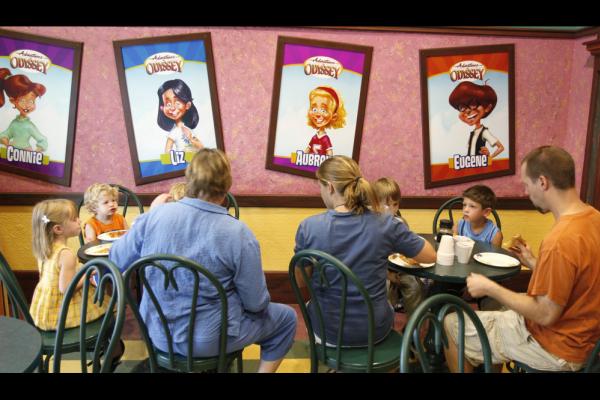Aug 27, 2025
God is not up in heaven thinking up bad things to happen to you. He loves you so much and only wants the best for you. But sometimes that means you have to go through a little bit of pain and heartache. But if you trust him and you love him, he will not let you down.
These words of comfort were given by James Dobson to a young girl in an episode of a Christian radio drama created by his organization. Within these few short sentences, you can find the entirety of Dobson’s ideology: God’s love entangled with the necessity of His punishment.
Read the Full Article

Already a subscriber? Login
